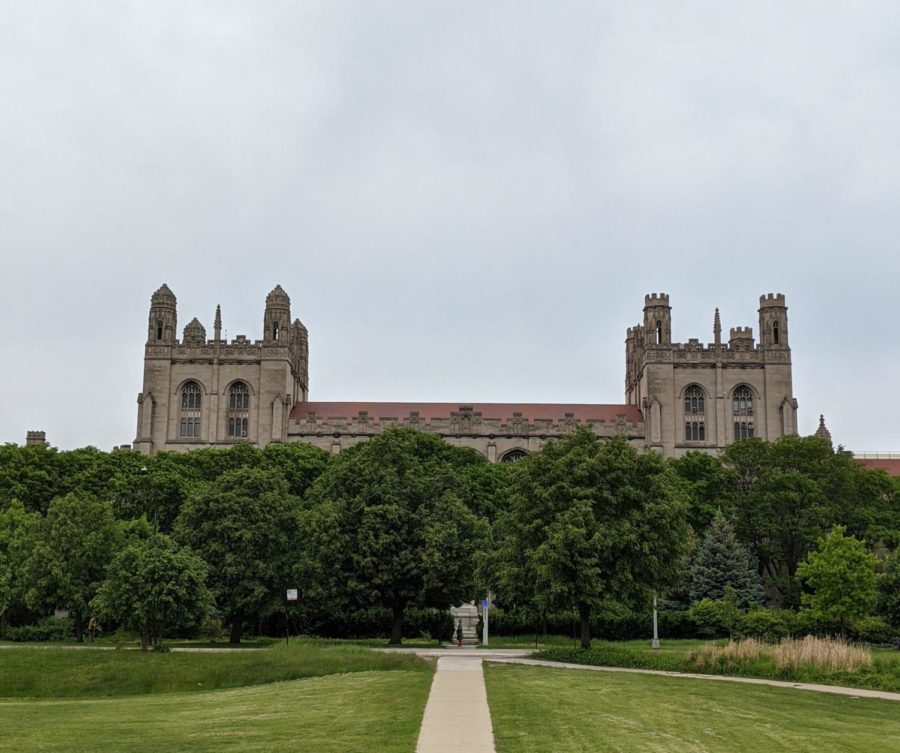
Adyant Kanakamedala
The south face of Harper Library.
Five UChicago faculty members were elected to the National Academy of Sciences (NAS) on April 30. The Maroon spoke with four of the five faculty members to learn more about their research and their thoughts on receiving the honor.
The National Academy of Sciences, a nonprofit organization of leading researchers, was created by then-President Abraham Lincoln in 1863 and provides independent scientific advice to the government. According to the NAS, election to membership acknowledges significant contributions to a researcher’s field and represents “one of the highest honors a scientist can achieve.” Current members nominate individuals from their respective scientific fields, who are then voted on by the rest of the Academy until 120 successful domestic and approximately two dozen international nominees are offered membership each year.
For many, being elected to the NAS is a deeply personal honor. Louis Block Professor of Geophysical Sciences Nicolas Dauphas, who studies meteorites and the formation of celestial bodies, expressed his gratitude to his peers and NAS for the recognition.
“It’s really nice when people think about you to be elected [because] some people have to decide that you’re good enough for the effort to nominate you, and then people have to support you,” Dauphas said. “It means people [are] thinking about what we do… so it’s nice to have positive feedback in that sense.”
In addition to highlighting the relevancy of one’s personal research interests, Milton Friedman Distinguished Service Professor in Economics Michael Greenstone saw his election to the NAS as revealing a shift in perception of his discipline, which he said has not always been viewed as a science in the same sense as physics or chemistry.
“Economics has not traditionally been viewed as a hard science,” Greenstone said. “This [election to membership] is a validation of how the field of economics has broadened over the last 10 or 15 years.”
Professor Nipam Patel, director of the Marine Biology Laboratory, said that the honor of election also comes with new responsibilities, including consulting on policy-making by offering scientific input.
“The National Academy was created to help the U.S. government make decisions about science,” Patel said. “Members are asked to form committees to write summaries and opinions to help inform policymakers.”
Ultimately, the professors, particularly Patel and physics professor David DeMille, highlighted the collective nature of this achievement—and all scientific research awards.
“It’s always a bit strange, because when I look at my career and the achievements that people associate with me and my work, a huge fraction of it has been done in collaboration with students and postdocs,” DeMille said. “[Still], it’s a tremendous honor; the National Academy is a group of people from my field… that I’ve admired. So, it’s very gratifying to be recognized in that way.”
“As nice as these awards are, it really is important for folks to recognize the extent to which everything that resulted in this award was done with groups of colleagues who contributed—often—extremely major parts to the work,” Patel said. “So, I hope they feel validated by this as well because they should. This award, to me, is really an award to all of us who have worked together.”